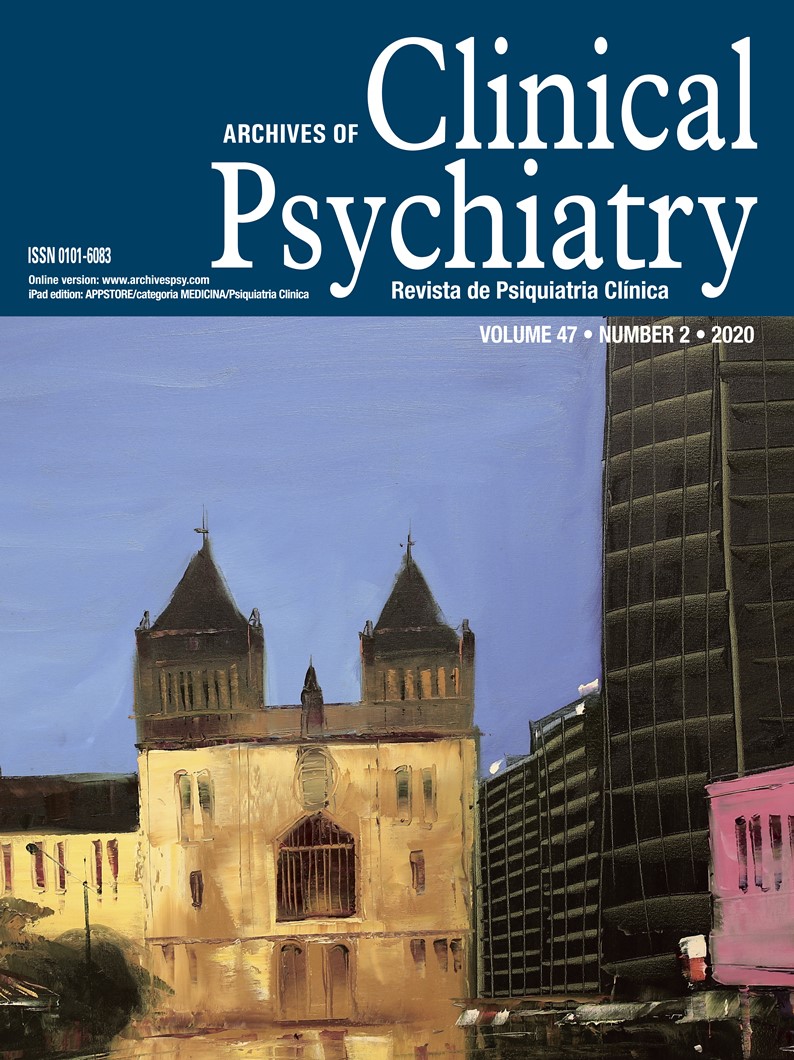Parent-teacher report reliability on the fourth edition of the Swanson, Nolan and Pelham scale in a Brazilian clinical sample of children and adolescents with attention-deficit/hyperactivity disorder
DOI:
https://doi.org/10.1590/0101-60830000000228Keywords:
Reproducibility of results, attention-deficit disorder with hyperactivity, Psychiatric Status Rating Scales, attention-deficit and disruptive behavior disordersAbstract
Parents and teachers can be valuable sources of information for characterizing children’s ADHD-related impairments in different environments. However, evidence indicated that those categories of informants often provide conflicting responses in formal assessment scales, which may challenge diagnostic decisions regarding the condition. Objective: We aimed to investigate reliability rates between parents and teachers of children and adolescents with and without ADHD using SNAP IV. Methods: 199 children and adolescents aged 6 to 17 years were evaluated for ADHD symptoms using parent-rated and teacher-rated SNAP IV scales. Intraclass correlation coefficients were analyzed for ADHD domains (inattention and hyperactivity/impulsivity), as well as for defiant-oppositional behavior. Results: Reports from parents and teachers showed low reliability for all ADHD domains. Parents’ scores on the SNAP IV were higher than those of teachers. Parents and teachers provided highly discrepant responses concerning to the presence and severity of ADHD in children and adolescents, which might result from intrinsic aspects related to their daily functioning in different settings. Discussion: Clinicians should consider those trends in parental and teachers’ responses when interpreting results from informant-based instruments for detecting ADHD.
Downloads
Downloads
Published
Issue
Section
License
Once accepted for publication, the manuscript becomes permanent property of the Archives of Clinical Psychiatry. This copyright transfer subsumes exclusive and unlimited entitlement of the Archives of Clinical Psychiatry to publish and distribute the full contents of articles in whichever publishing medium, including press and electronic media, in Brazil and abroad.
Manuscripts are accepted with the understanding that the Editor and the editorial staff have the right to make revisions aimed at greater conciseness, clarity, and conformity with Journal style, of course without changing its content.


